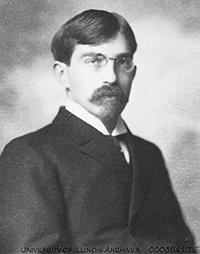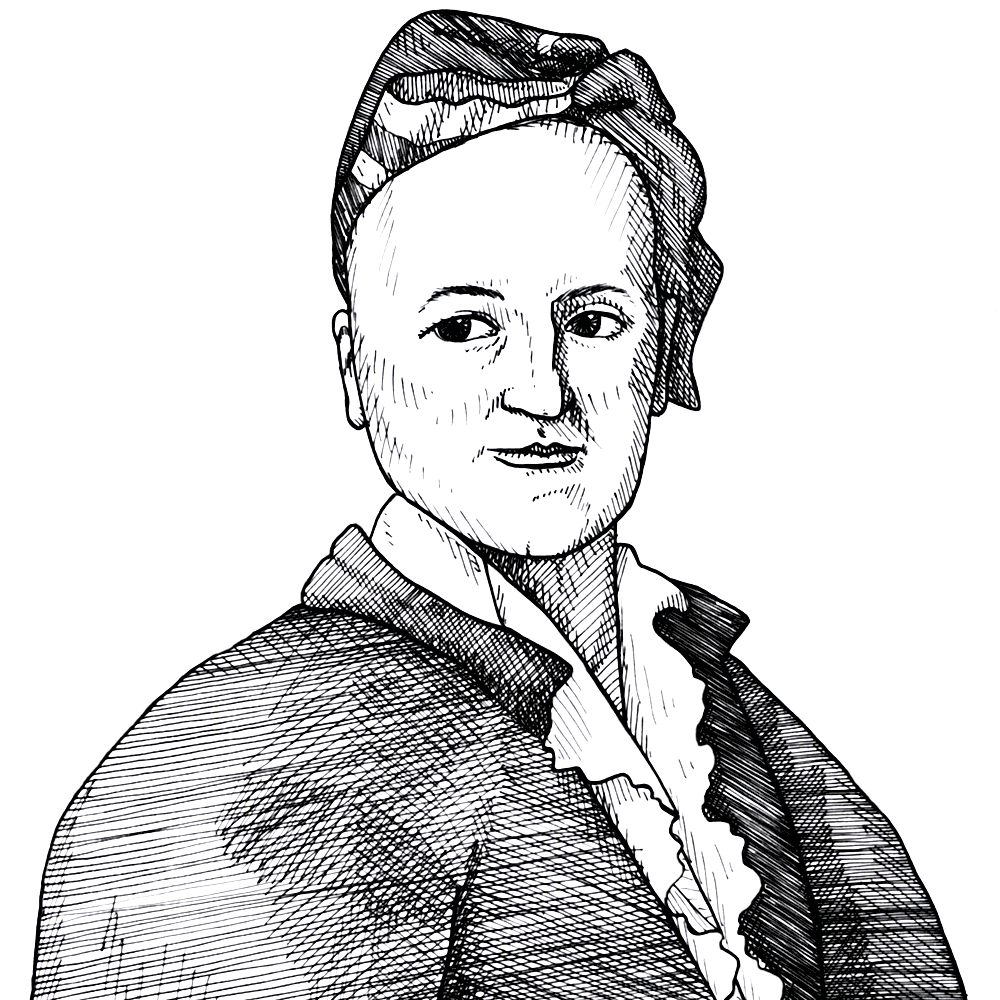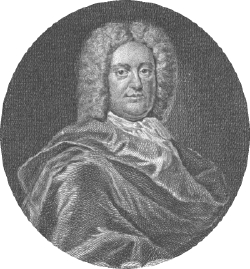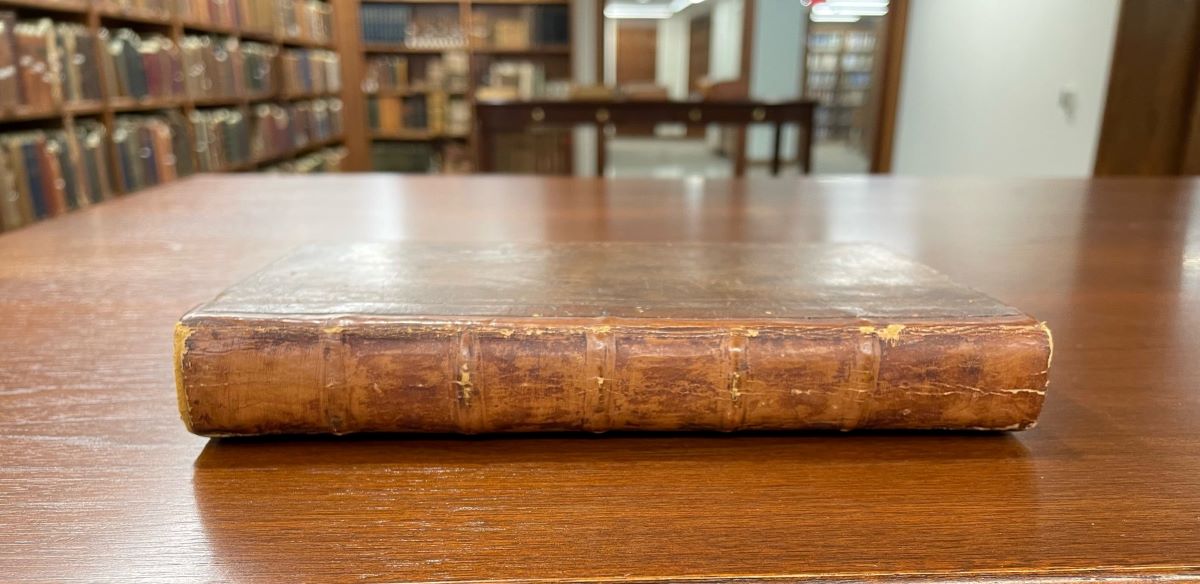Natural Law and Natural Rights
About this Collection
The natural law and natural rights tradition emerged in the 17th and 18th centuries and argues that the world is governed by natural laws which are discoverable by human reason. A key aspect of this intellectual tradition is the notion that natural rights are not created by governments. Governments are instead created to secure these rights.
Key People
Titles & Essays
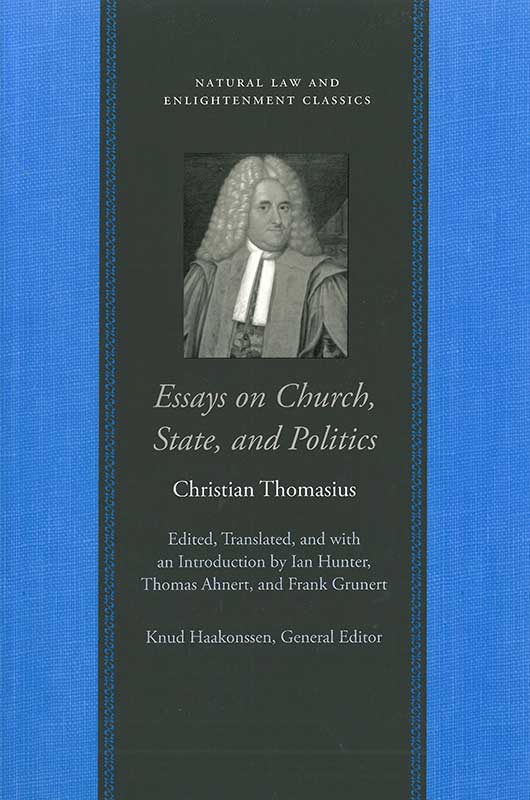
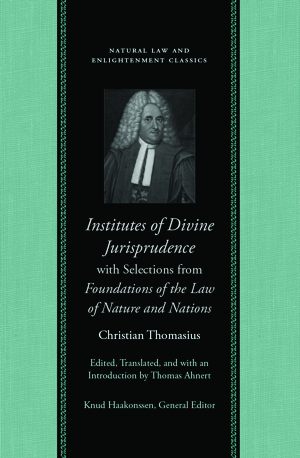
Christian Thomasius (author)
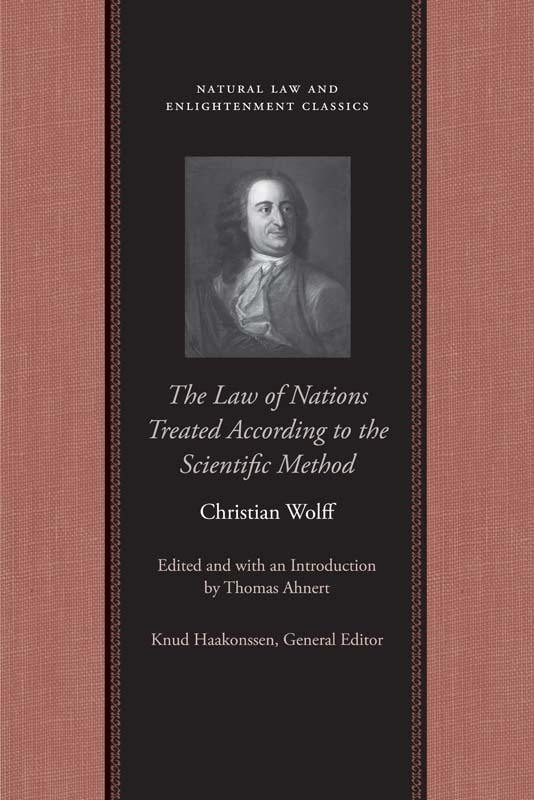
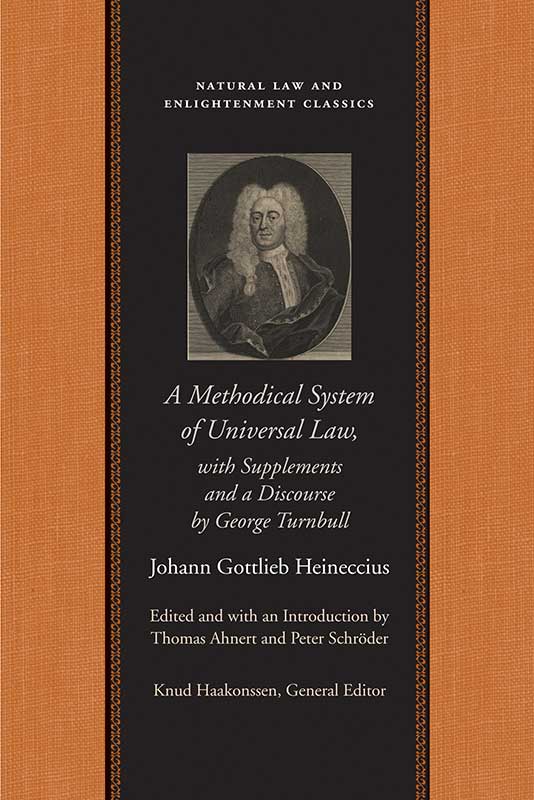
Johann Gottlieb Heineccius (author)
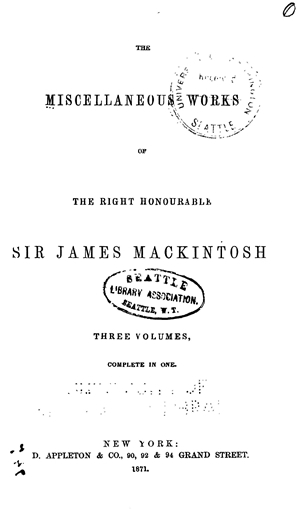
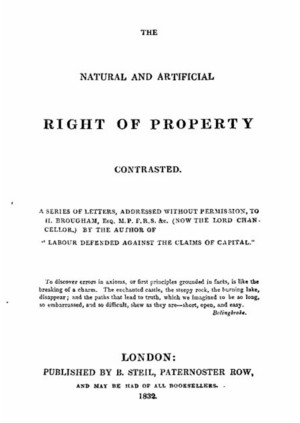
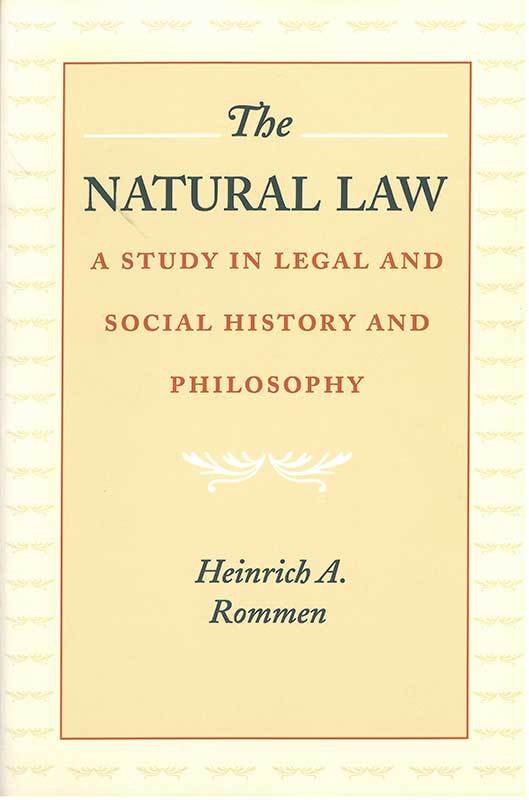
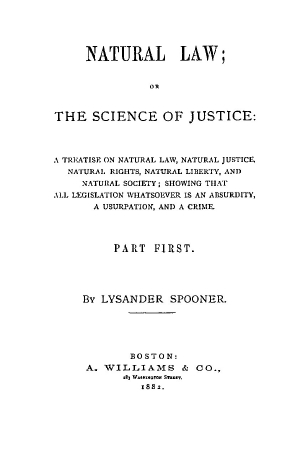
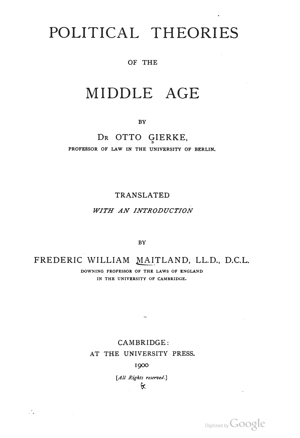
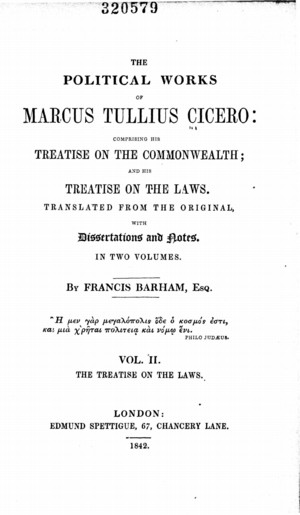
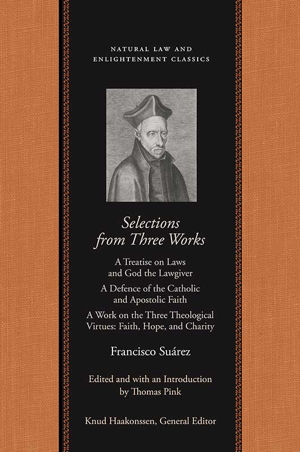
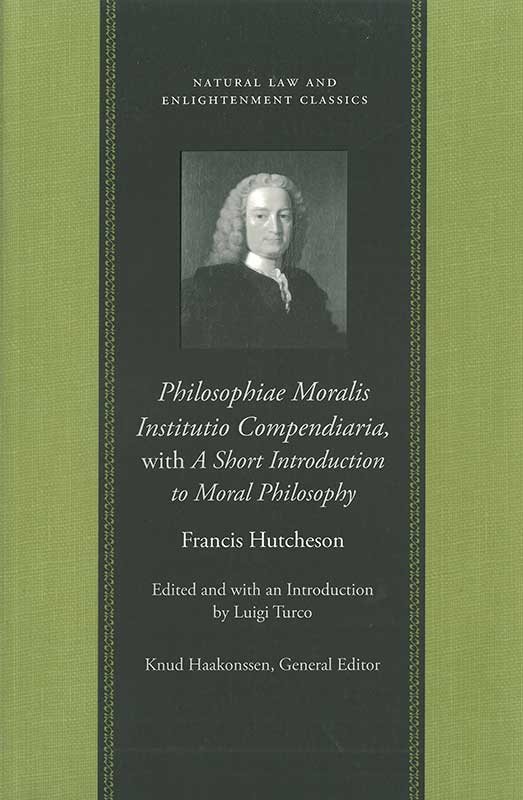
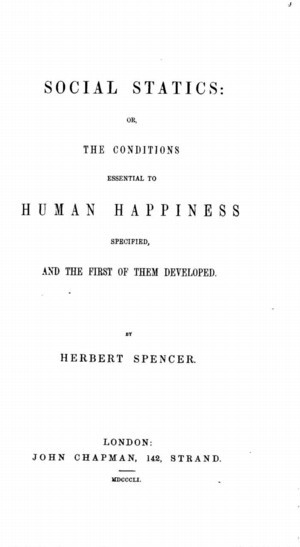
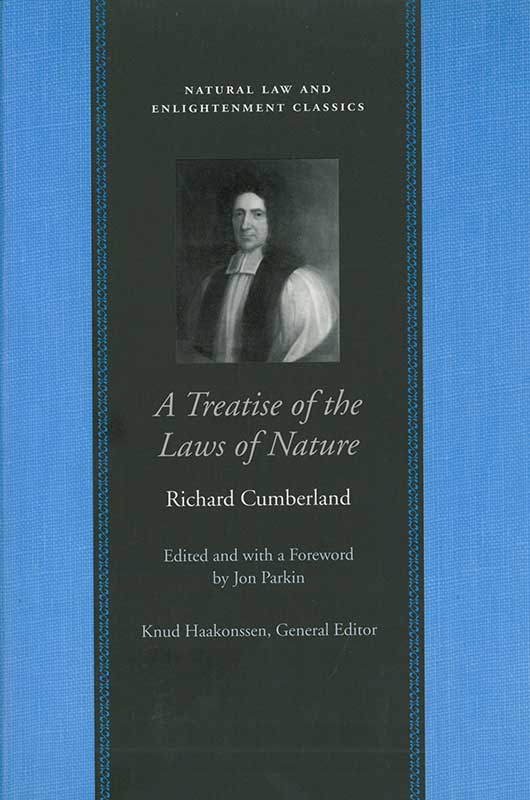
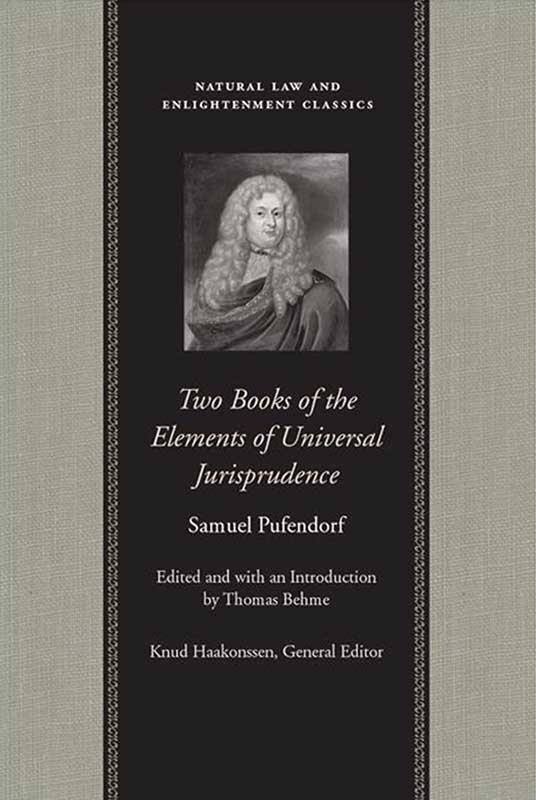
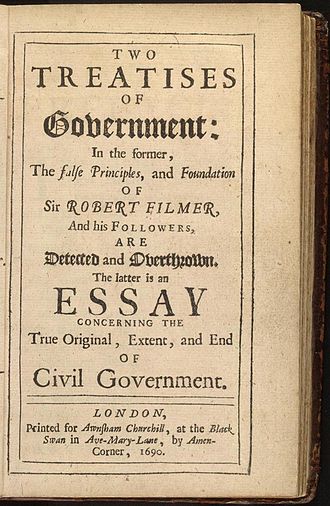
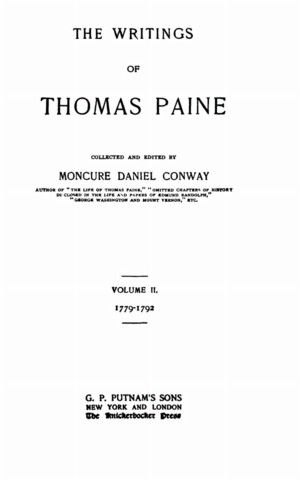
Quotes
Natural Rights
James Wilson asks if man exists for the sake of government, or is government instituted for the sake of man? (1791)
Natural Rights
Jeremy Bentham on rights as a creation of the state alone (1831)
Natural Rights
Shaftesbury and Learning Goodness
Property Rights
Wollaston on crimes against person or property as contradictions of fundamental truths (1722)
Notes About This Collection
Liberty Fund is publishing an extensive collection of works about natural law in its Natural Law and Enlightenment Series including works by Hugo Grotius, Samuel von Pufendorf, and Francis Hutcheson.
See also the following schools of thought which supported the natural law and natural rights tradition:
- 17th Century Natural Rights Theorists
- The French Englightenment
- The Scottish Enlightenment
- The Founding Fathers of the US Constitution
- 19th Century Natural Rights Theorists
And the 19th Century Utilitarians which did not.
For further reading on this topic see the works listed below:
